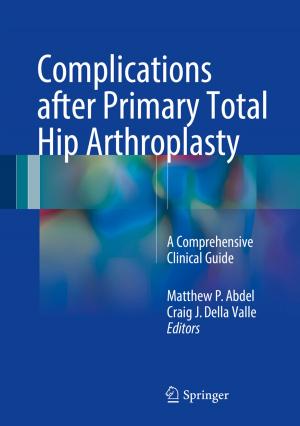Damages in EU Public Procurement Law
Nonfiction, Reference & Language, Law, Civil Law, International| Author: | Hanna Schebesta | ISBN: | 9783319236124 |
| Publisher: | Springer International Publishing | Publication: | December 16, 2015 |
| Imprint: | Springer | Language: | English |
| Author: | Hanna Schebesta |
| ISBN: | 9783319236124 |
| Publisher: | Springer International Publishing |
| Publication: | December 16, 2015 |
| Imprint: | Springer |
| Language: | English |
The book surveys the enforcement of EU law through the lens of damages claims for violations of EU public procurement rules. The first part clarifies the requirements on damages claims under both public procurement and general EU law, notably the public procurement remedies directives and doctrines such as procedural autonomy, effective judicial protection and Member State liability. The second part focuses on comparative law, covering England, France, Germany and the Netherlands, and provides an overview of national regulation and case law of damages litigation in the area of public procurement. A third part discusses the constitutive and quantification criteria of the damages remedy from a comparative and EU law perspective. It explores the lost chance, which functionally emerges as a compromise capable of mitigating the typically problematic nature of causation and uncertainty in public procurement constellations. The book concludes with a proposal for legislative intervention regarding damages in public procurement.
The book surveys the enforcement of EU law through the lens of damages claims for violations of EU public procurement rules. The first part clarifies the requirements on damages claims under both public procurement and general EU law, notably the public procurement remedies directives and doctrines such as procedural autonomy, effective judicial protection and Member State liability. The second part focuses on comparative law, covering England, France, Germany and the Netherlands, and provides an overview of national regulation and case law of damages litigation in the area of public procurement. A third part discusses the constitutive and quantification criteria of the damages remedy from a comparative and EU law perspective. It explores the lost chance, which functionally emerges as a compromise capable of mitigating the typically problematic nature of causation and uncertainty in public procurement constellations. The book concludes with a proposal for legislative intervention regarding damages in public procurement.















